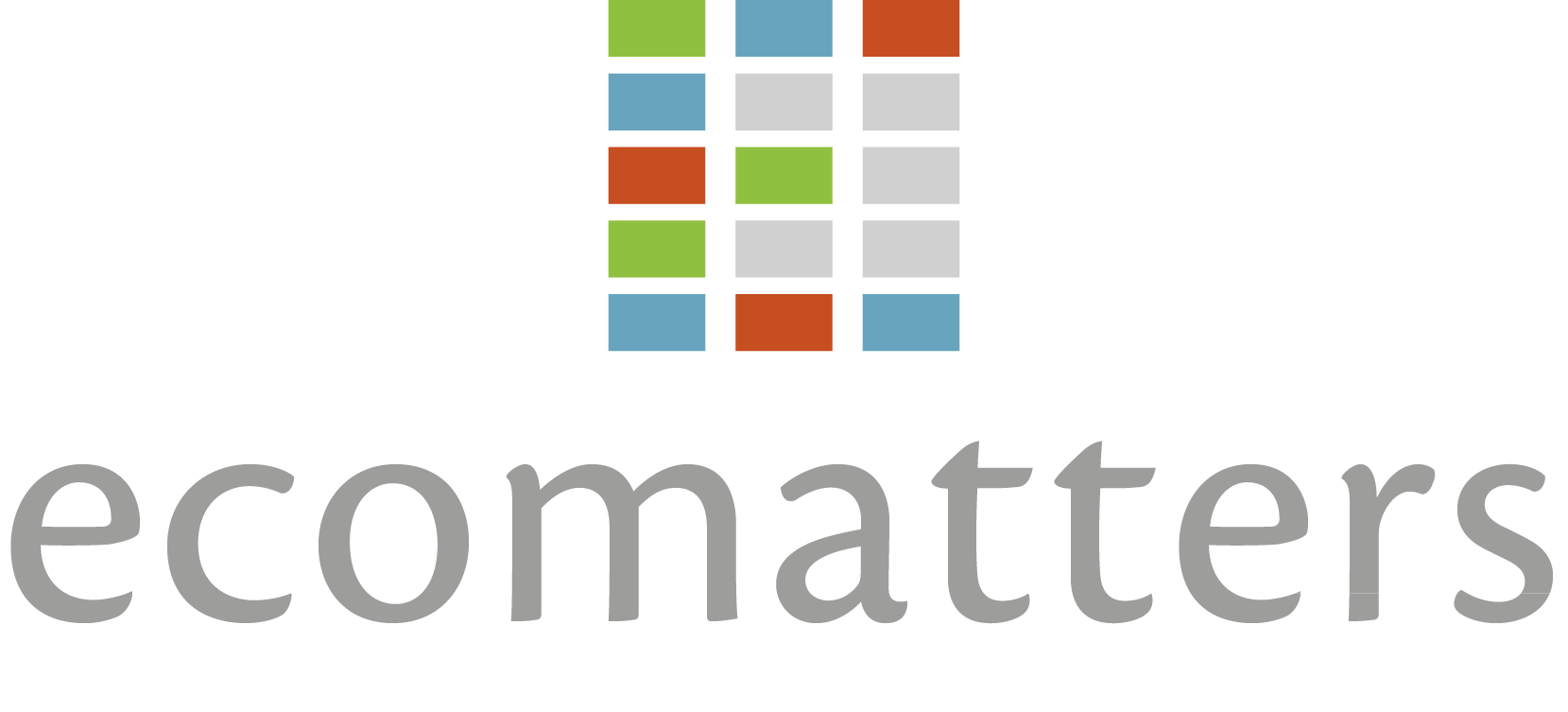EPDs: What are they and why do they matter?
What is an Environmental Product Declaration (EPD)?
An Environmental Product Declaration (EPD) is a third-party verified and officially registered document that communicates the environmental impact of a product or service in a transparent and comparable way. An EPD is based on a Life Cycle Assessment (LCA) and is developed in accordance with specific standards (e.g. EN 15804).
The finished document is verified by an approved system operator and published on one of the publicly available online platforms. EPDs act as an environmental label or declaration, providing objective data rather than marketing claims.
On this page, you’ll find out how an EPD is developed, which standards apply, how long EPDs remain valid, and when they are typically used.
How is an EPD developed?
To create an EPD, an LCA is performed to quantify the environmental impacts of a product or service throughout its life cycle. These calculations are then processed and reported according to specific standards, for example EN 15804 for construction products. The EPD document is then created, reviewed by a third-party and validated via recognised programme operators. Finally, it is published on the appropriate platform.
Standards behind LCA and EPDs
LCA standards
The LCA calculation behind an EPD uses life cycle inventory analysis (LCI). These calculations and processes follow the ISO 14040 standard which sets out the principles and framework of conducting an LCA. ISO 14040 is often used in conjunction with ISO 14044 which details the requirements for how to perform an LCA in practice.
EPD standards
In the context of EPDs, the most relevant standard is ISO 14025: Environmental labels and declarations – Type III environmental declarations. The standard specifies how Type III environmental declarations should be developed and communicated. By following these standards, EPDs (and the underlying LCAs) are methodologically consistent and comparable across similar products and sectors.
Validity and typical use
EPDs are subject to different validity periods, however most are valid for 5 years. After this period, they will need to be reviewed and, if necessary, updated to reflect changes in data, processes or standards.
Currently, they are mainly relevant in:
- Business-to-business communication – Providing objective environmental data to customers, buyers and specifiers.
- Business-to-consumer communication – Supporting transparent sustainability claims.
- Eco-design and product development – Using the data to identify improvement opportunities.
- Green public procurement – Meeting environmental criteria in tenders and public projects.
- Building assessment schemes – Contributing data and credits for systems such as BREEAM and LEED.
Other types of environmental declarations (ISO 14021)
Although less common, EPDs can also follow the ISO 14021: Environmental labels and declarations – self-declared environmental claims (Type II environmental labelling).
Under ISO 14021, claims are self-made, self-certified, and self-published. These types of claims do not always include LCA data and do not require independent verification. However, to ensure reliability, the claimant is responsible for evaluating and providing the data for verification. Despite this stipulation, these types of claims are not valid for obtaining credits in building assessment schemes and can run the risk of being considered greenwashing.
Although an EPD can be created in-line with ISO 14021, within the world of LCA, the term “EPD” is normally understood as a type III environmental declaration (ISO 14025).
Need support?
Do you still have unanswered questions about creating EPDs? Check out our Frequently Asked Questions. Alternatively, you can schedule a call with one of our experts or contact us for further information.
With over 10 years’ experience of supporting clients with conducting LCAs and formulating EPDs for products and services, we are well positioned to help your organisation where you need it most.
EPD Services
Our experts
Brienne Wiersema
Freya Goffart De Roeck
Call with our consultant
Do you want to know more about how we can help? Schedule a call with one of our consultants to ask your questions.





